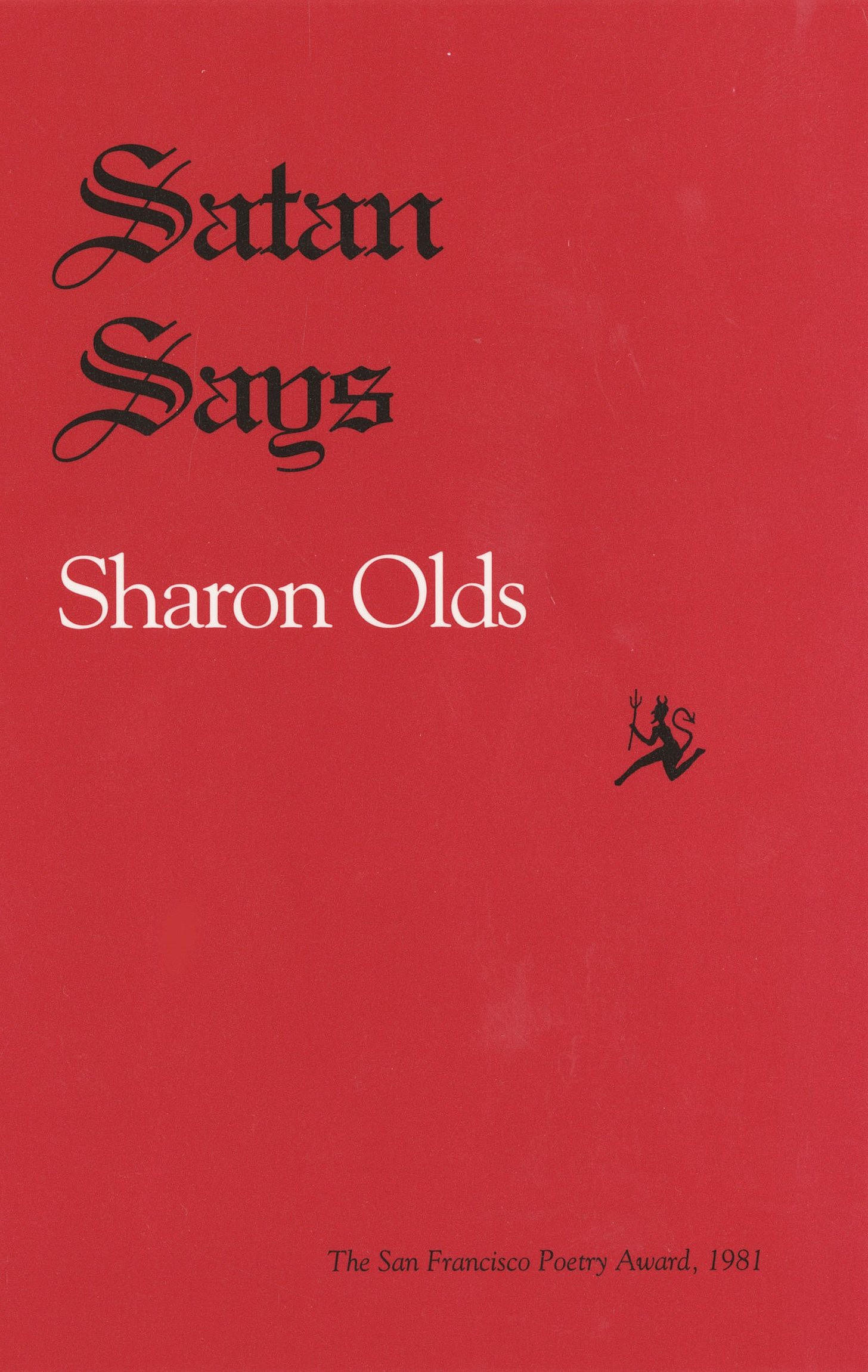National Poetry Month Feature: Sharon Olds
An interview + writing prompt with one of our most revered writers.
Once you lose someone, it is never exactly the same person who comes back.
—Sharon Olds
For National Poetry Month, we’re bringing you exclusive interviews and writing prompts from some of the most prolific poets living today. Eek! You might be thinking, But I’m not a poet and know very little about the genre! That’s perfectly okay. The writing prompts of poets are not just for writing poetry; think of them instead as a unique way to deepen other parts of your creative life—to discover something new about what you have to say and how you want to say it. They can be applied to any kind of creative outlet, from writing fiction and memoir to experimenting with journaling. Personally, they’ve helped me broaden the ways I use simile and metaphor when writing, strengthening my imagination on the page when it comes to opinion writing, long-form essays, filmmaking and screenplay writing, or even an email that may require a more thoughtful touch. All this is to say: you don’t need to be an aspiring poet for this month’s content to resonate with you; these prompts are truly for everyone, but most especially you, our Listening in the Dark community.
The first of our four featured poets this month is Sharon Olds.
Many poetry lovers remember the first time they read Sharon Olds’ groundbreaking debut book of poetry, Satan Says, published over forty years ago. The poems in this book are the author's reckoning with a childhood of abuse, as well as an unearthing of the darkest corners of a young woman's desires. They are feral, daring, auspicious works that feel dangerous and alive, coming off the page to directly confront you, the reader. Olds has earned countless prestigious awards for her work, including a Pulitzer Prize for her book Stag’s Leap. Her thirteenth book of poetry, Balladz, was released in 2022 and was a National Book Award finalist.
If you haven’t read Sharon Olds before, below are some of my favorite poems she’s written to get you started:
Satan Says
Beyond Harm
Earliest Memory
For You
Sex Without Love
Unspeakable
And now, an interview with the legend herself. Enjoy!
Amber Tamblyn: How does a poem come to you? What is the first seed of it and how do you plant it?
Sharon Olds: [It comes to me] when I notice words running through my mind. Running through my mind maybe more than once. So it starts for me with words, and the musicality of words. And with my noticing them, and realizing what is running through my mind and inner ear. Each word might not fit together at first, but a few of them might find their way to each other—might be the beginning of a poem.
Amber: What poem still haunts you to this day?
Sharon: "jasper texas 1998" by Lucille Clifton.
jasper texas 1998 by Lucille Clifton for j. byrd i am a man's head hunched in the road. i was chosen to speak by the members of my body. the arm as it pulled away pointed toward me, the hand opened once and was gone. why and why and why should i call a white man brother? who is the human in this place, the thing that is dragged or the dragger? what does my daughter say? the sun is a blister overhead. if i were alive i could not bear it. the townsfolk sing we shall overcome while hope bleeds slowly from my mouth into the dirt that covers us all. i am done with this dust. i am done.
Amber: Lucille Clifton is one of my all-time favorite poets. The Book of Light changed my life. Why is poetry such an important medium for you?
Sharon: Because it comes from a single human voice, with one set of words and experiences, and it moves out into a varied group of hearers, with their (our) own words and psyches and memories intertwined. Many many poets, each unique; many many hearers, each thirsty!
Amber: What do you long for?
Sharon: For everyone to watch LeVar Burton & Jenny Mackenzie's documentary film, The Right to Read.
A writing prompt from Sharon Olds:






